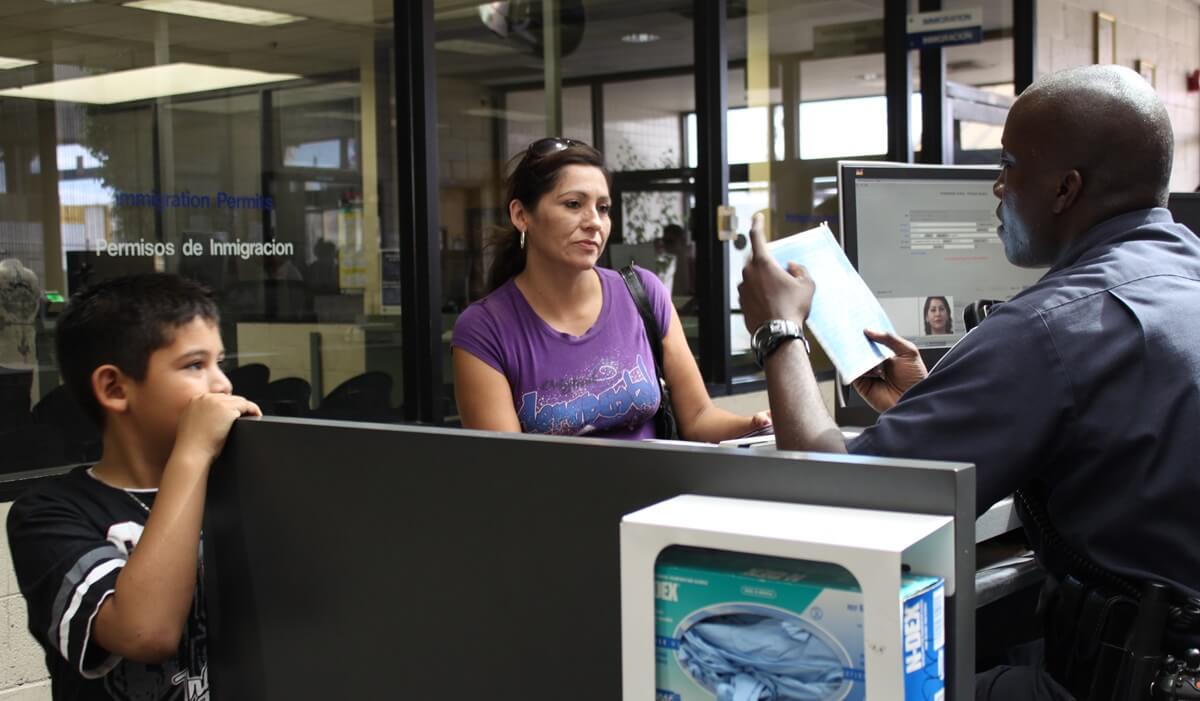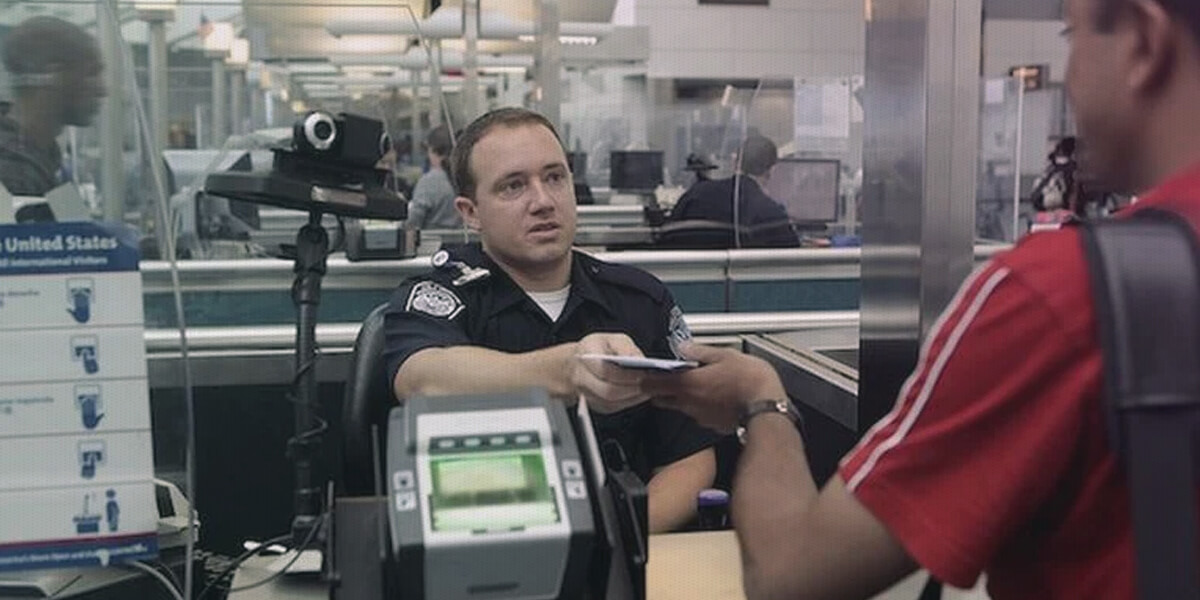
Bringing a new child into your family is one of life’s greatest joys. But if you're a U.S. permanent resident and your baby is born outside the United States, things can get a little more complicated. Naturally, one of the first questions you may ask is: Does my baby automatically become a permanent resident too? This article will walk you through the key facts, including how U.S. immigration law treats a child of a permanent resident born abroad, and the steps you need to take to bring your baby home smoothly.
Does a Child of a Permanent Resident Born Abroad Automatically Get a Green Card?
How to Document the Child’s Status and Return to the U.S.
What If My Child Doesn’t Qualify for the 211(b) Exemption?
Lengthy Trips Abroad Can Jeopordize Your Resident Status
Can My Child Travel Without a Green Card?
How to Obtain a Green Card After Entry Under INA 211(b)
How CitizenPath Helps
Does a Child of a Permanent Resident Born Abroad Automatically Get a Green Card?
In most cases, a child born abroad to a green card holder does not automatically become a permanent resident. However, there is a helpful exception if you follow some specific rules.
U.S. immigration law allows the foreign-born child of a permanent resident to enter the United States as a lawful permanent resident (LPR) without filing a separate immigrant visa petition, but only if all of the following are true:
- The child is under 2 years old;
- The parent was a permanent resident at the time of the child's birth;
- The child is entering the United States for the first time; and
- The child is accompanying the permanent resident parent or coming to join the parent within 2 years of the birth.
The law, (INA §211.1(b)(1), provides a special waiver from needing a visa under certain conditions. The child is admitted as a lawful permanent resident based on the parent’s permanent resident status. This is commonly known as the 211(b) exemption.
How to Document the Child’s Status and Return to the U.S.
If your child qualifies for the 211(b) exemption, you’ll still need to follow proper steps and bring the correct documentation to avoid issues at the port of entry.
According to Customs and Border Protection, here’s what the parent will need:
- Proof of your lawful permanent resident status, such as a green card (Form I-551);
- Evidence that your trip was temporary, specifically showing that you were outside the United for less than one year;
- The child’s foreign birth certificate, listing both parents and accompanied by a certified English translation if it is not already in English; and
- Valid travel documents for the you and the child, typically a foreign passport.
If the child is not eligible for this waiver — for example, not entering the U.S. within 2 years of birth — you will need to follow the regular family-based immigration process.
What If My Child Doesn’t Qualify for the 211(b) Exemption?
If the child of a permanent resident born abroad does not meet the criteria for INA 211.1(b)(1), the parents must file a petition to help them immigrate to the U.S. with an immigrant visa.
These steps include:
Filing Form I-130, Petition for Alien Relative, with U.S. Citizenship and Immigration Services (USCIS).
Waiting for approval and a visa number under the F2A category (for spouses and unmarried children under 21 of permanent residents).
- Completing consular processing so your child can be interviewed and receive an immigrant visa at a U.S. embassy or consulate abroad.
- Your child then enters the U.S. with the immigrant visa and becomes a permanent resident upon arrival.
While this route is more time-consuming, it's still a reliable path if the 211(b) exemption shortcut isn't an option.
Lengthy Trips Abroad Can Jeopordize Your Resident Status
If you’ve been outside the U.S. for a long time (generally more than 6 months), your own green card status could be at risk. USCIS may consider you to have abandoned your residency, which could make it harder to bring your child in under the special rules.
Before returning, be prepared to show:
- Temporary reason for your time abroad (such as vacation or family health matters); and
- Evidence of ongoing ties like a U.S. address, bank accounts, or tax filings.
If you’ve been outside the U.S. for more than a year, you may need a reentry permit or returning resident (SB-1) visa to reenter. This can also impact your ability to bring your child in under the 211(b) exemption. If you've been abroad for a year or more, speak to an immigration attorney as soon as possible to plan your return.
Can My Child Travel Without a Green Card?
This is a common question. In short, don’t try to bring your child to the U.S. without proper documentation. Even if you're a permanent resident, immigration officers at the border and other ports of entry need to see proof that your child qualifies to enter.
If you’re relying on the 211(b) exemption, your baby must be under 2 years old and entering for the first time. You should also bring evidence that shows you’ve been living outside the U.S. temporarily, not abandoning your permanent residence. Otherwise, it could raise red flags for both you and your child.
How to Obtain a Green Card After Entry Under INA 211(b)
If CBP admits your child as a lawful permanent resident at a port of entry under INA 211(b), they should also add an admission stamp to your child's passport and create a record of admission in the CBP and USCIS systems. But once they’re inside the U.S., parents must take additional steps to obtain official documentation of lawful permanent resident status for their child.
Parents must file Form I-90, Application to Replace Permanent Resident Card with USCIS to request a Permanent Resident Card (green card) for the child. In addition to the Form I-90 and filing fee, they will need to submit:
- A copy of the child’s passport page showing the admission stamp and class of admission code;
- A copy of the child’s foreign birth certificate, with a certified English translation (if necessary); and
- Evidence of the parent’s permanent resident status at the time of birth.
If you're a green card holder with a child born abroad, take time to understand your options. Your baby may be eligible to become a permanent resident without needing a separate visa through the 211(b) exemption. But only if you act quickly and bring the right documentation.
When that’s not possible, there's still a clear path to reunite your family in the United States. The key is starting the process early and staying informed.
How CitizenPath Helps
Navigating the U.S. immigration system can be stressful, especially when it involves your children. CitizenPath makes it easier.
Our online service was built for people just like you — individuals and families trying to handle the immigration process without hiring an expensive attorney. We provide affordable, step-by-step guidance for preparing an Immigrant Visa Petition Package (Form I-130), Naturalization Package (Form N-400), and other immigration forms.
You can also sign up for our free newsletter, which delivers helpful tips, news, and updates to support your immigration journey — from green cards to citizenship.
Want more immigration tips and how-to information for your family?
Sign up for CitizenPath’s FREE immigration newsletter and
SAVE 10%
on our immigration services



